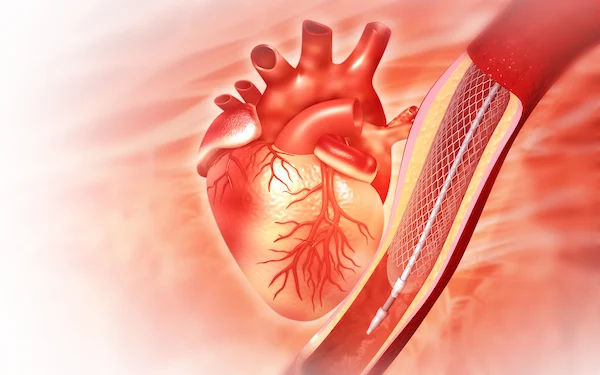- male
- 50 Years
- 22/01/2025
I'm a bit worried about my recent ECG results showing sinus bradycardia and incomplete RBBB. Can you help me understand what these terms mean? I've been feeling a bit more tired than usual lately; could this have anything to do with it? Should I be looking into more tests or checkups to make sure everything's alright with my heart? Its just a bit unsettling not knowing what to expect.
Answered by 1 Apollo Doctors
Sinus bradycardia is a condition where the heart beats at a slower rate than normal, typically less than 60 beats per minute. It is caused by the sinus node in the heart sending electrical signals at a slower pace. Incomplete right bundle branch block (RBBB) is a condition where there is a delay in the electrical signal conduction in the right bundle branch of the heart. Symptoms of sinus bradycardia may include dizziness, fatigue, lightheadedness, confusion, shortness of breath, and chest pain. Incomplete RBBB may not cause any symptoms on its own, but it can be associated with underlying heart conditions. Further tests that may be required for sinus bradycardia and incomplete RBBB include an electrocardiogram (ECG) to confirm the diagnosis, a Holter monitor to monitor the heart's electrical activity over a period of time, an echocardiogram to assess the heart's structure and function, and possibly a stress test to evaluate the heart's response to physical activity. For sinus bradycardia, if symptoms are severe or if the heart rate drops too low, a medication like Atropine or Isoproterenol may be prescribed. In cases where bradycardia is persistent and symptomatic, a pacemaker implantation may be necessary. For incomplete RBBB, treatment is usually focused on managing any underlying heart conditions that may be causing the conduction delay. Medications like beta-blockers or calcium channel blockers may be prescribed to help regulate the heart's electrical activity. Remember, it is important to follow up with a healthcare provider for proper evaluation and management of these conditions.
Dr. Chandra Suggests...
Consult a Cardiologist
Answered 04/07/2025
0
0

More Cardiology Health Queries
View allI'm really concerned about this pain I've been having in the center of my chest since last night. It gets worse when I'm climbing stairs and now I even feel it while walking. I did an ECG this morning. What could be causing this, and should I be worried?
if no pathological changes observed in the ecg cardiac markers and ecg is advised...
Answered by 1 Apollo Doctors
I'm really worried about a heartbeat of 240 beats per minute. Is this life-threatening? Can it lead to heart failure? Is there a way to treat it, or what should I do next?
Yes it is very abnormal and needs immediate attention ,vist cardiologist for appropriate managemnet
Answered by 1 Apollo Doctors
I'm really worried about my relative who had MVR surgery a year ago. Yesterday, he experienced severe abdominal pain and his blood pressure shot up to 190100, but it's back to normal now. His troponin level came back at 0.0527. Could you help me understand what this means for his heart health? Should we be concerned?
That says its positive,immediately get an ECG done and visit Cardiologist for appropriate management
Answered by 1 Apollo Doctors
Disclaimer: Answers on Apollo 247 are not intended to replace your doctor advice. Always seek help of a professional doctor in case of an medical emergency or ailment.





